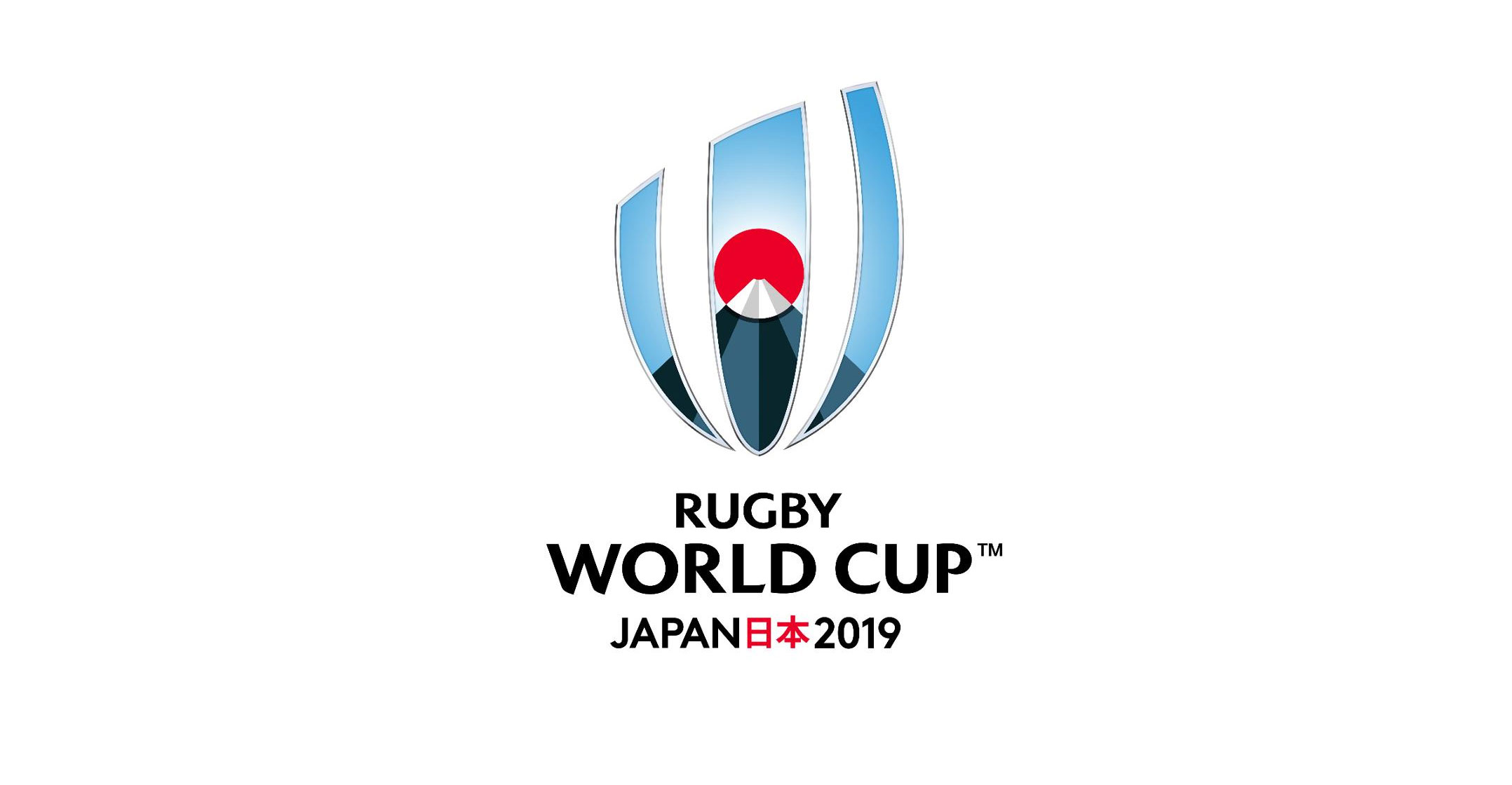 There have been growing calls on social media in the past week for MultiChoice to share Springbok games in this year’s Rugby World Cup with the SABC free, allowing more South Africans to watch the national team in action in Japan.
There have been growing calls on social media in the past week for MultiChoice to share Springbok games in this year’s Rugby World Cup with the SABC free, allowing more South Africans to watch the national team in action in Japan.
This makes little sense if it’s forced on the company. Access to broadcast sport — a form of entertainment — is not a constitutional right, and nor should it be. MultiChoice reportedly paid hundreds of millions of rand to secure the rights to broadcast the rugby showcase in South Africa. It did this, as it always does when acquiring content rights, to keep its paying customers loyal and to attract new or returning subscribers to its DStv platform.
Forcing MultiChoice to give content away to the SABC will amount to unwarranted meddling in its commercial business model. If the SABC — or any other broadcaster for that matter — wants the right to broadcast sports matches, including the Rugby World Cup, it should bid for them in the open market like everyone else. That the SABC is in dire financial straits — it is barely managing to pay salaries, let alone bid against a well-resourced pay-TV operator — is not MultiChoice’s fault, so why should it be punished for having built a world-class sports broadcaster in its SuperSport business?
Now, many people will argue that DStv is too expensive for most South Africans, that national sports — especially big matches — should be accessible to all on a free-to-air platform. There are strong emotional justifications put forward, and this explains why this line of argument has broad appeal. But it doesn’t hold water. Just because I might want to watch the Springboks playing the All Blacks without paying doesn’t mean I am entitled to do so. I’m not.
The business models of professional sporting tournaments — be it the Rugby World Cup or the Tour de France — are built to a large extent on revenue from broadcasting rights. This is not an exclusively South African phenomenon — around the world, it’s the pay-TV operators and not the free-to-air channels that tend to have the financial wherewithal to bid on and secure these rights (there are, of course, exceptions to this rule).
UK regulations
Some markets, notably the UK, have introduced rules to ensure certain key sporting events — including the Rugby World Cup final — are made available on free-to-air services. Developed by the Independent Television Commission and now British communications regulator Ofcom, the Code on Sports & Other Listed and Designated Events means key sporting events can — and in some cases must — be broadcast by the BBC, ITV and others. These include the Rugby World Cup final, all Fifa World Cup matches, the EUFA Championship, the FA Cup final and the Olympic Games.
In South Africa, communications regulator Icasa is moving slowly toward introducing similar requirements. It held public hearings earlier this year on the draft sports broadcasting services amendment regulations as part of a review “intended to identify and list national sporting events while ensuring that subscription broadcasting service licensees do not acquire exclusive rights that prevent or hinder the free-to-air broadcasting of national sporting events…”

MultiChoice has warned the new regulations, if implemented, could put it out of business. That may or may not be overstating matters, but the warning does show that a heavy-handed regulator could inflict enormous damage. Many South Africans will, of course, welcome such an intervention. DStv is despised in many quarters, mainly because its bouquets are expensive (relative to people’s incomes) and, in many cases, unaffordable — particularly the Premium tier. The view is that national sports shouldn’t only be accessible to those who can afford it.
Again, though, it must be emphasised that access to sport — even high-profile games — is not a constitutional right like the right to human dignity or the rights to freedom, security and privacy. Sport is a form of entertainment, just like the Game of Thrones TV series, made available to broadcasters through commercial negotiation.
It could be argued that MultiChoice would do its PR image a world of good if it were to make some games available to the public broadcaster at no cost or low cost. But that should be its decision — and the SABC’s — not one that’s forced on the broadcasters by a regulator that is ill-equipped to understand the potentially commercially disastrous impact of such rules.
Former Democratic Alliance MP Gavin Davis put it well on Twitter at the weekend. In an exchange with his former colleague, MP Phumzile Van Damme, Davis said: “It’s up to the public broadcaster to secure the rights; it’s not up to a private firm to give away rights it paid for.”
“But the SABC cannot afford those rights. Neither could the UK and New Zealand public broadcasters, by the way, so it’s hardly a unique position,” Van Damme replied, to which Davis responded: “It’s hardly DStv’s problem that the SABC has been mismanaged into the ground.”
To her credit, in a separate tweet, Van Damme made it clear she is not in favour of forcing MultiChoice to share Rugby World Cup games with the SABC. “All that is asked is that, in a gesture of goodwill, MultiChoice share Springbok rugby matches. It’s a plea on behalf of those who cannot afford DStv, not a demand.”
The idea might not appeal to sports-mad South Africans, but it should be left to MultiChoice (or any other rights-holder) to decide for itself whether it wants to on-sell (or even give away) access to rights it has acquired through commercial negotiation. To do otherwise would amount to regulatory overreach that would undoubtedly distort the market in ways that can’t be accurately forecast and with potentially destabilising consequences.
Pay per view
Of course, whether MultiChoice makes the right commercial decisions to ensure its long-term success is not guaranteed. It could be argued that it should have introduced a pay-per-view model a long time ago, rather than requiring all-you-can-eat subscriptions to access its content. Consumers who don’t want to spend — or can’t afford to cough up — R900/month for DStv Premium to watch the Rugby World Cup could very well be tempted to pay to watch a single game at a fee of perhaps R50 or R100. The risk, of course, is that more people might cancel their subscriptions in favour of the pay-per-view option. But as its recent financial reports show, they’re cancelling anyway, especially at the top end where Netflix is making serious inroads. Pay per view may be a risk worth taking, especially as streaming alternatives continue eating into the DStv Premium base.
 What shouldn’t happen, though, is regulators — no matter how good their intentions — deciding for MultiChoice what it’s business model should look like, forcing it to do things that it doesn’t believe make commercial sense. And that includes forcing it to share its sports rights. The free market is ultimately the best arbiter of what works and what doesn’t work. If MultiChoice’s business model is no longer fit for purpose — and many believe it is facing an existential threat from the likes of Netflix — it will be forced to adjust to the new market reality. Right now, SuperSport is the company’s greatest asset and defence against the rivals threatening to drag it down. Icasa needs to be careful to ensure that, through its planned amendments to the sports broadcasting regulations, that it doesn’t knock out the pillar that brings the entire structure crumbling to the ground. — (c) 2019 NewsCentral Media
What shouldn’t happen, though, is regulators — no matter how good their intentions — deciding for MultiChoice what it’s business model should look like, forcing it to do things that it doesn’t believe make commercial sense. And that includes forcing it to share its sports rights. The free market is ultimately the best arbiter of what works and what doesn’t work. If MultiChoice’s business model is no longer fit for purpose — and many believe it is facing an existential threat from the likes of Netflix — it will be forced to adjust to the new market reality. Right now, SuperSport is the company’s greatest asset and defence against the rivals threatening to drag it down. Icasa needs to be careful to ensure that, through its planned amendments to the sports broadcasting regulations, that it doesn’t knock out the pillar that brings the entire structure crumbling to the ground. — (c) 2019 NewsCentral Media
- Duncan McLeod is editor of TechCentral




